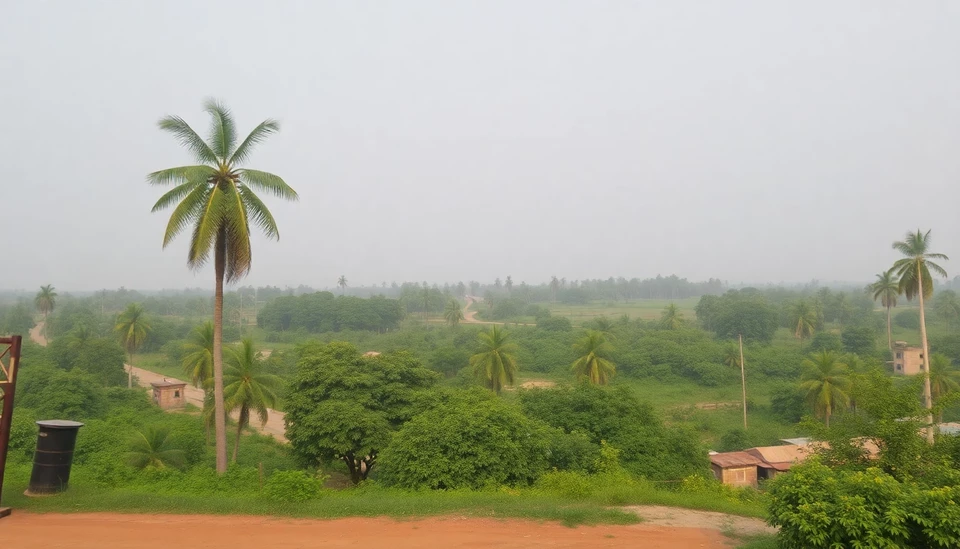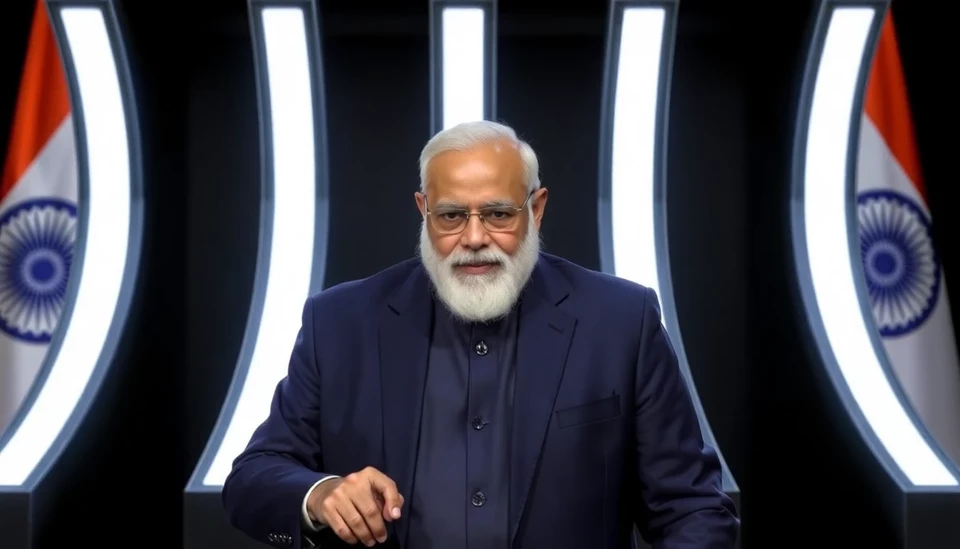
The Indian Meteorological Department (IMD) has issued a stark warning regarding the upcoming summer months, predicting intense heatwaves that could have significant implications for the country's agricultural output and economic growth. As the nation gears up for what is anticipated to be one of the hottest summers on record, public health, energy demands, and food security emerge as critical concerns. This year, India may face exceptionally high temperatures that not only challenge day-to-day life but also threaten the stability of its burgeoning economy.
According to the IMD, temperatures across various states are expected to soar well beyond the usual averages. With this surge in heat could come dire consequences for the staple crops that form the backbone of India's agricultural sector. Farmers in northern and central regions, who rely heavily on the rabi (winter) crops such as wheat, may find their yields drastically diminished due to the adverse weather conditions.
This situation also raises alarms for water resources. The diminished availability of water in crucial states may exacerbate the agricultural challenges, leading to increased competition for this vital resource, which is already stretched thin in parts of the country. The anticipated heatwaves could result in a decline in crop irrigation, further adversely affecting food production and market dynamics.
The impact on the economy could extend far beyond agriculture. With sweltering conditions, energy consumption is likely to hit peak levels as households and industries ramp up efforts to keep cool. This surge in energy demand could strain the electrical grid, leading to potential power outages, therefore hampering economic activities and productivity. The government may also face challenges in ensuring that there is enough electricity to meet soaring consumption needs, especially in major urban centers.
Public health officials express concern about the impact of extreme heat on the population, particularly vulnerable groups such as the elderly and low-income communities. Escalated heat stress may result in increased cases of heatstroke and other heat-related illnesses. Public health systems, already dealing with various challenges, could be further strained in response to an influx of patients needing medical assistance due to heat exposure.
As the country prepares for what may be an unprecedented summer, experts urge the government to implement proactive measures to mitigate the effects of extreme temperatures. This includes investing in infrastructure to aid water conservation, expanding access to cooling centers, and promoting public health campaigns aimed at educating citizens on how to cope with extreme heat.
In light of these impending challenges, India's economic outlook may need recalibrating. The dual threats posed by climate extremes and the socio-economic fallout present considerable obstacles for policymakers. While the nation has made strides in various sectors, intense seasonal weather underscores the urgent need for adaptable strategies to enhance resilience in the face of environmental shifts.
In conclusion, as India stands on the brink of a sweltering summer, the need for strategic planning and response mechanisms becomes ever more critical. With the specter of economic repercussions looming large, only time will tell how effectively the country can navigate the challenges posed by soaring temperatures.
#India #Heatwave #EconomicGrowth #Agriculture #PublicHealth #ClimateImpact #EnergyDemand #FoodSecurity
Author: Peter Collins




